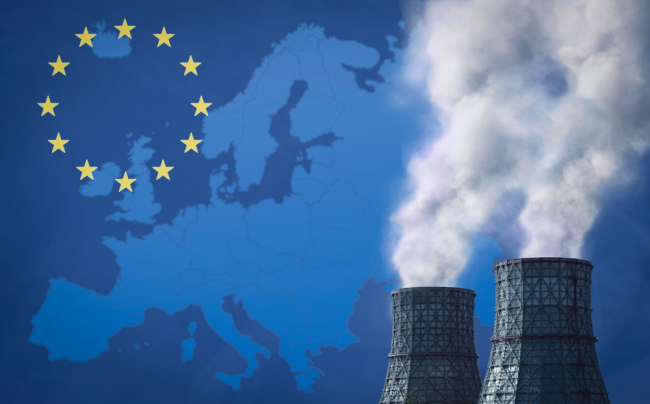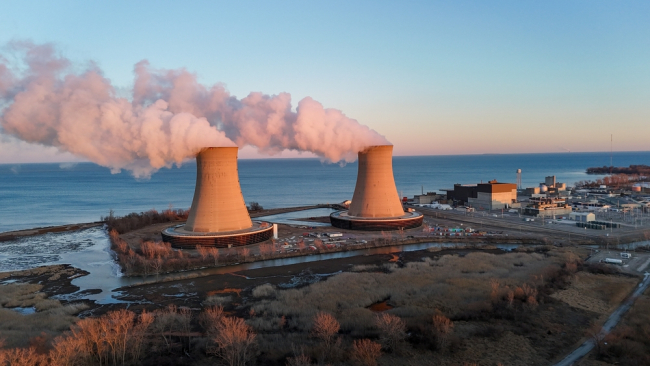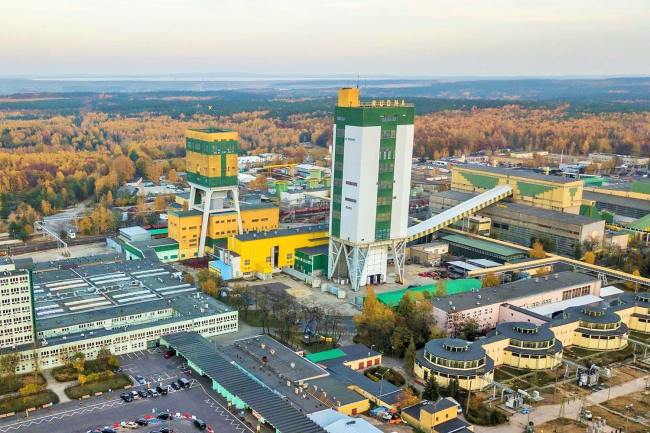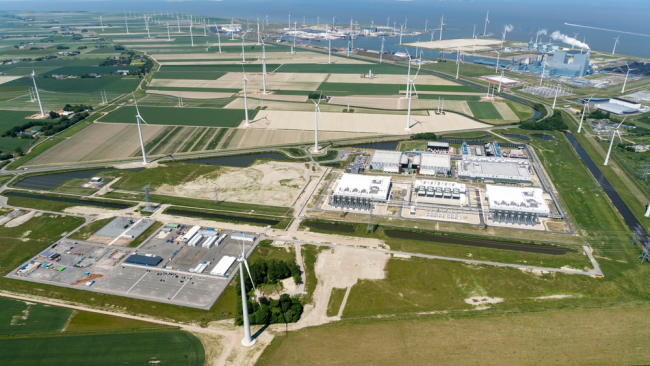Rising (Oil-linked) Gas Prices: A Message from Shale Gas

One benefit that should flow soon from large new sources of shale gas that have been and will be unleashed into world markets - is the realization that gas prices linked to oil prices don’t make sense any more.
The counterintuitive announcements around Europe these days that gas prices to end users will have to go up - because gas prices are linked to oil prices through some outdated pricing concept - should bring gas consumers out onto European streets. It means that every time another oil producer boils up in social turmoil because its population is fed up with the poor governance of its oil wealth and is out demonstrating on their streets - the price of oil goes up everywhere and so does the price of gas - if they are linked. American gas prices don’t go up because oil does. And in today’s market, LNG prices still only equate to $60 oil.
Those customers who are locked to long term contracts for LNG with its huge infrastructural requirements - Japan, Korea and Taiwan - see their prices go up because their prices are linked to oil through the Japanese Crude Cocktail with its “S Curve” calculation that mutes the impact of oil price hikes… and Europeans who still accept that their prices be linked to oil for reasons that date to the first big gas in Siberia and the North Sea watch their prices go up.
And by the way - the marginal cubic meter of gas is how more and more European kilowatt hours of electricity are priced. In Europe, gas should be competing with coal. But instead Europe’s power prices are hostage to oil. In the power sector, the crucial growing market for gas, oil has almost disappeared, so why should gas be priced in this market against oil?
The long-standing deal with the Norwegians linking gas prices to oil has historical merit. It wasn’t easy to put in the first major components of a European gas system in the hostile waters of the North Sea. So Europeans said - Okay, we’ll provide long term contracts and price stability to encourage you to take on the challenge. It seemed logical to extend the same terms to the Russians who confronted conditions every bit as hostile in Siberia and elsewhere. But times have changed.
Gazprom didn’t use its secure revenue stream to invest in expensive/difficult gas. It has been going around trying to buy back the infrastructure and market presence it lost west of the Russian border when the Soviet Union collapsed. With the exception of Zapolyarnoye, begun before the collapse, Russia has been supplying Europe with gas harvested almost entirely from its legacy infrastructure and wells. All the big difficult projects talked about with such bravado have slipped in time while Gazprom continues to invest downstream or upstream outside Russia. The rationale for slippages now in Schtokman, Bovanenskoye and Yamal projects is that US shale gas has flooded the market. Who knows? Those difficult Russian sources of gas may be just too expensive now.
The only recent really difficult gas plays brought on in Russia have been done by Western companies in such places as Sakhalin and Irkutsk. Once they were in place - Gazprom strong-armed its way into the capital.
So let’s see some genuine cross border competition in European gas markets….that’s the only way customers can be confident that prices are at the lowest level……and such cross border gas movements are incidentally the best precursor to ensuring true European gas “solidarity” and security….but that’s a story for another day. So why do European regulators continue to allow pass through of oil-linked gas prices and why do European consumers still acquiesce in paying these prices?
Beats me.

Available in:
Regions and themes
Share
Related centers and programs
Discover our other research centers and programsFind out more
Discover all our analysesReconnecting With Europe's Nuclear DNA: a Political Question
As Europe's main source of low-carbon electricity, nuclear power is a strategic asset for tackling climate and geopolitical challenges.
Will the Western Nuclear Power Revival Take Place? The State of Extra-European Advances
Against the dual backdrop of the energy transition and the rapid transformation of the international order, the question of Western nuclear revival is being raised with renewed acuity.
Re-evaluating Copper Supply: The Crucial Role of Technology
Some authors argue that the energy transition is doomed to fail due to metal scarcity and the rising energy costs of extraction.
The Strategic Dimension of Power System Flexibility: Opportunities in Europe
The European Union has embarked on an energy transition aimed primarily at replacing fossil fuels by electrifying demand.










